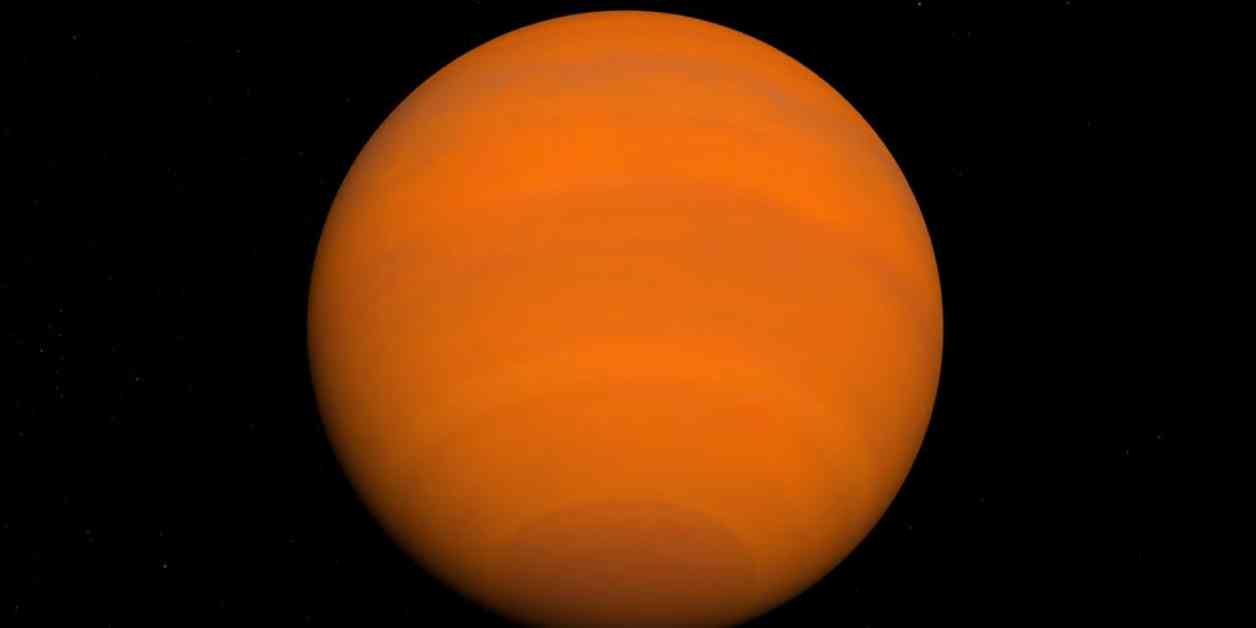A group of astronomers recently made a fascinating discovery in the vast universe. They found a planet, named WASP-193b, that is larger than Jupiter but incredibly lightweight, almost like cotton candy. This exoplanet has a very low density compared to the gas giants in our solar system such as Jupiter, Saturn, Uranus, and Neptune.
Lead author Khalid Barkaoui from MIT described the planet as “super fluffy” due to its composition of mostly light gases rather than solids. This unique characteristic sets WASP-193b apart from other known planets and makes it an ideal candidate for studying unconventional planetary formation and evolution.
The discovery of this fluffy planet was confirmed last year, but it required additional time and effort to determine its consistency based on observations from ground telescopes. Scientists believe that WASP-193b is primarily made up of hydrogen and helium, contributing to its lightweight nature.
Located approximately 1,200 light-years away, this intriguing exoplanet is the second-lightest found so far based on its size and mass. Its unusual properties offer valuable insights into the diversity of planetary bodies beyond our solar system.
By studying outliers like WASP-193b, researchers hope to unravel the mysteries of planetary composition and structure. This discovery opens up new possibilities for understanding the complex processes that govern the formation and evolution of celestial bodies in the universe.
As we continue to explore the vast expanse of space, each new discovery brings us closer to unlocking the secrets of the cosmos. The lightweight and fluffy nature of WASP-193b challenges our existing knowledge of planetary science and invites us to broaden our understanding of the diverse worlds that exist beyond our own.





















